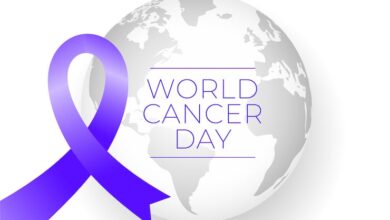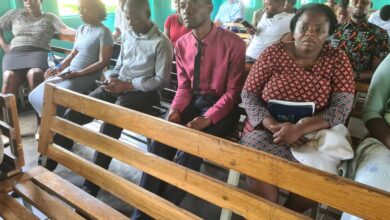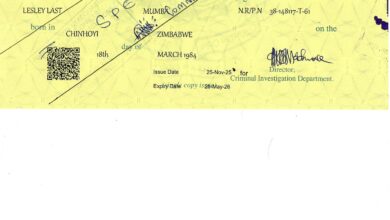Bosso legend Martin “Dladla” Ndlovu dies at 60, Lupane mourns

Thembelihle Mhlanga
Lupane and the football community is in mourning following the death of Martin “Dladla” Ndlovu, the Lupane-born former Highlanders player who passed away Thursday after a prolonged illness.
Born in 1964 in Lupane’s Shabulana area, Ndlovu’s football journey began at Sir Humphrey Gibbs Primary School where his natural talent first emerged. His skills flourished during his secondary education at UCCSA Inyathi Mission, leading to his groundbreaking signing by Highlanders in the early 1980s – a remarkable achievement for a player from outside Bulawayo. During his five-year stint with Bosso (1982-1987), Ndlovu became known for his precise midfield play and leadership qualities, earning the respect of teammates and opponents alike.
After his successful spell at Highlanders, Ndlovu continued his career with Black Rhinos. He earned his enduring nickname “Dladla” (Ndebele for “the Rock”) for his steadfast performances and disciplined approach to the game. He later had a stint in South Africa’s lower leagues before returning to his roots in Lupane during the late 1990s.
Upon retirement, Ndlovu dedicated himself to developing football in his home region, taking up coaching duties with local side Invaders FC. For 15 years (2005-2020), he mentored countless young players, many of whom went on to represent academic institutions including Lupane State University. Mbolomani Moyo, chairman of Invaders FC, recalled Ndlovu’s impact: “He didn’t just teach football techniques, he instilled discipline and professionalism in these young men. Many of our current players owe their careers to his guidance.”
Even during his illness, Ndlovu remained actively involved in local football, often attending matches to offer advice to younger coaches. His sister Thokozile Maduna noted, “Football was his life until the end. Our home was always open to players seeking his counsel, regardless of his health challenges.”
Ndlovu’s passing has sparked conversations about recognizing his contributions to Zimbabwean football. Local sports administrators have begun discussions about naming Lupane’s proposed sports complex in his honour, a fitting tribute to the man who broke barriers for players from the region.
The football legend was laid to rest on Sunday at the Maduna homestead in Shabulana, with hundreds of mourners including former teammates, players he coached, and community members paying their respects. He is survived by his two children and grandchildren.
Ndlovu’s story remains one of perseverance and dedication – from his groundbreaking move to Highlanders, through his coaching years nurturing Lupane’s football talent, to his enduring legacy as a trailblazer for regional players in Zimbabwe’s top football league.





